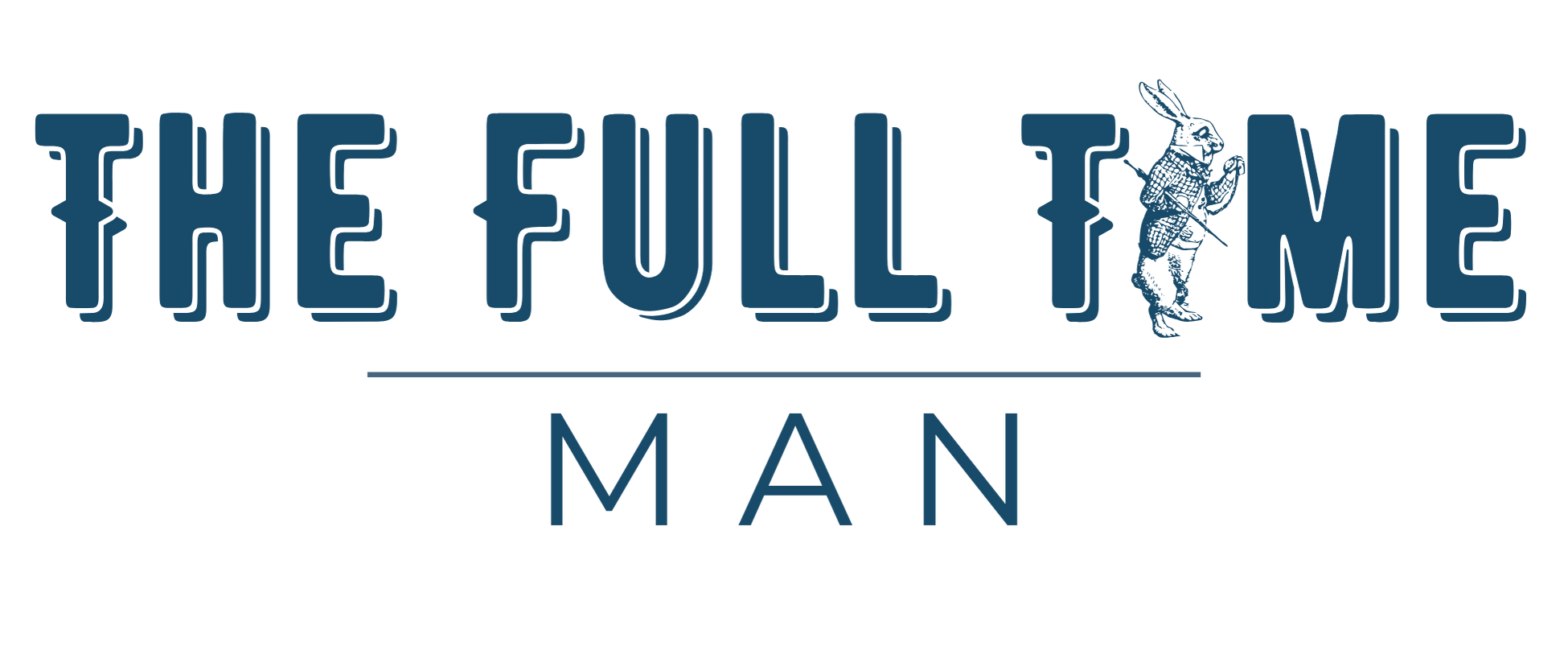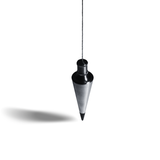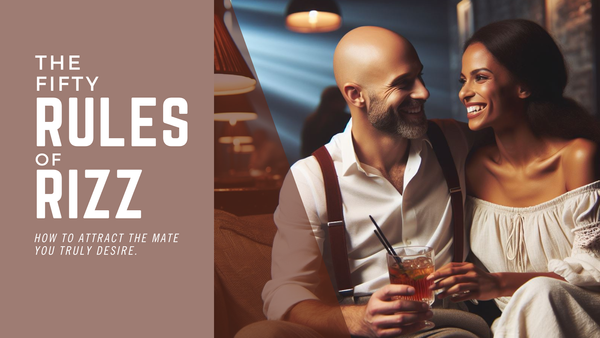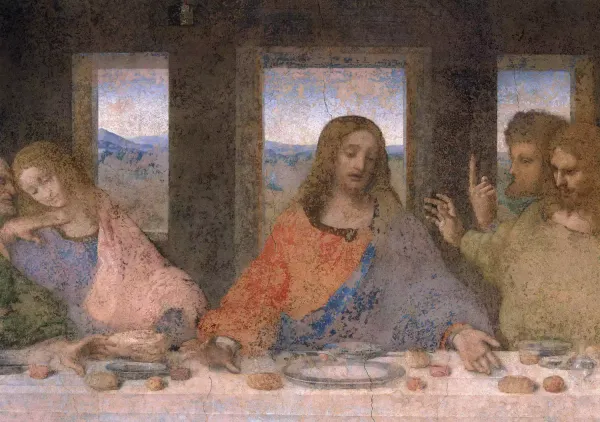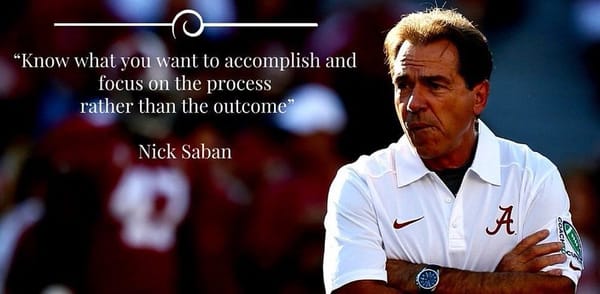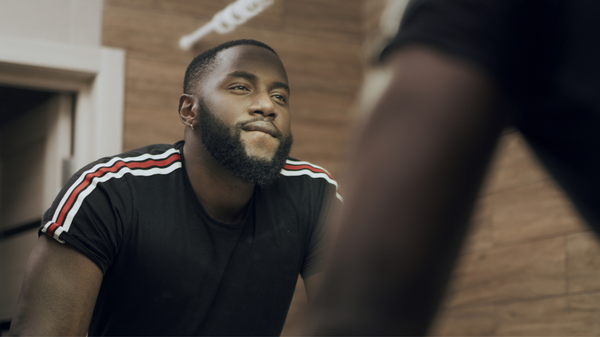Plumb Theory: Hope Spurs Motivation in Dating, Performance, and Life
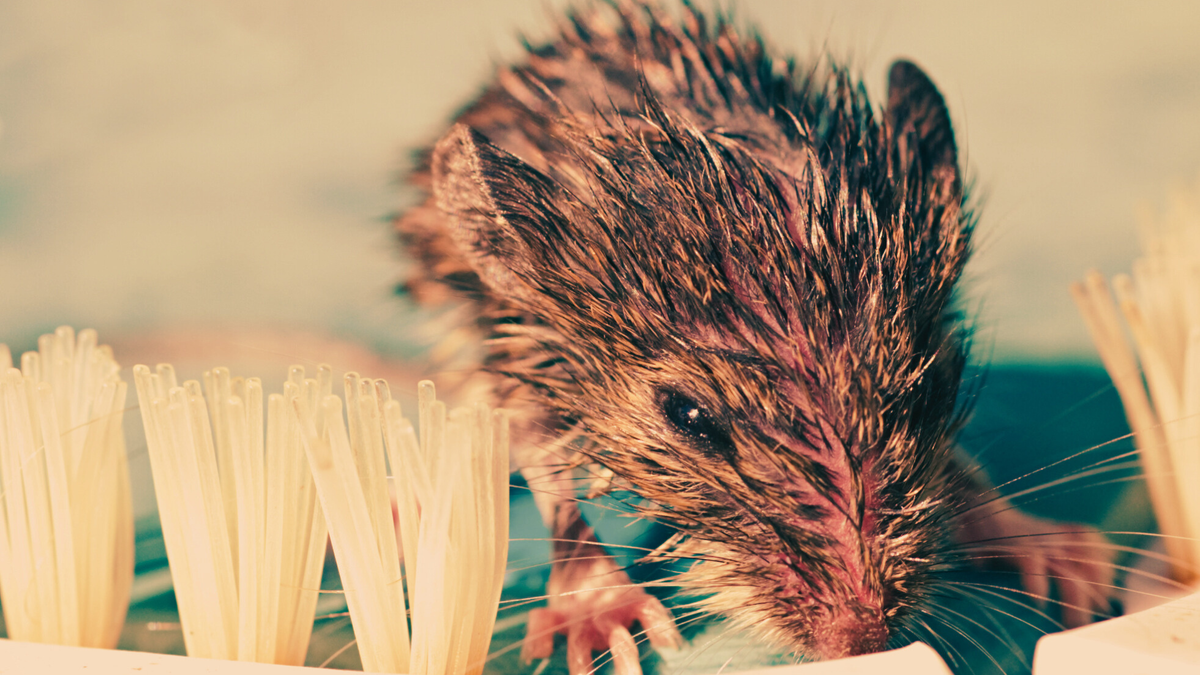
Motivation is about as mysterious as the dark side of the moon. I deal with it all the time as an educator and mentor — constantly trying to find something to motivate my students.
Even during graduate school, I read study after study hoping to discover how to tap into the why and how behind this puzzling force that moves us. Yet, for all we know, it’s just an elusive drug that either leads to productivity or leaves us defeated.
Self-help books will tell you it can be conjured, like some potion you haven’t yet willed into the bubbling pot. And shame on you for not having enough of it! Perhaps you could have afforded that first-class ticket if only you’d had a little more of it. Hmmpff!
I know, I roll my eyes, too.
Yet, despite the struggle that most commoners have with motivation — and believe me, it is real — there may be something worthwhile in knowing that motivation appears inextricably connected to hope. I came across an old study the other day that sheds light on this process and thought to myself, “Perhaps this has something to do with our dating habits?”
Can hope spur motivation in life and romance? And, how much trauma does it take to deplete it?
My History with Motivation
In my twenties, I was motivated to start a company of my own. I thought it would make a lot of money. The big idea came from my mother, who saw the need to provide high-speed internet service to the rural, underserved areas where we lived.
When we ran the math, it seemed impossible not to make a lot of money. And, to boot, it was recurring revenue — making money while you sleep. So, with her help and financing, we embarked on a 5-year journey that led to around 2000 subscribers and recurring monthly revenue of $75,000.
Despite those numbers, the only rewards left from this experience were the long, sleepless nights, baggy eyes and anxiety, and five lost years of my life that I worked tirelessly to make the company successful. There wasn’t any profit left over in the end.
I had researched the best equipment, negotiated tower contracts with landowners, climbed the tallest cell towers hanging equipment, stood on top of 150-foot water tanks replacing lightning-struck antennas in freezing temperatures and 30 mph wind gusts, not to mention the daily struggles of a start-up that required attention 24 hours per day, 365 days per year. Customer service is a bitch sometimes.
It was relentless, but so was I.
Why? Because until the 5th year we were in business, I had hope. Hope that it would bring beaucoup money in the end. When I realized the reward would never happen and that we were simply treading against the tide of upgrading equipment and rotating customers, it finally took its toll on me. The speed of obsolescence in that industry outpaced my ability to acquire customers and offer a competitive service. Not to mention, our closest competitor was rolling out fiber to the home.
So, I gave up.
Thankfully at about the time I threw in the towel, we discovered a chink in our competitor’s armor — a requirement that cut off their funding from government grants to build out fiber to the home, something they relied heavily upon. Needless to say, we exploited it, and they were forced to buy us out. But this salvation wasn’t without five years of trauma.
I still remember worrying about that business. So much so that it’s been difficult to pour myself into new opportunities without first forecasting the cost of my own health and wellbeing.
How does this relate to dating, you’re thinking? Well, let’s discuss rats first.
I recently stumbled upon an old psychological experiment that involved drowning rats. Yes. Drowning rats. I know, I love the thought of that, too.
In the experiment conducted at Johns Hopkins in the 1950s, Curt Richter picked a bunch of wild rats to see how long they would last in a helpless drowning situation. Needless to say, they didn’t last very long, just a few minutes at most — despite being adept swimmers.
To further test his theory on the influence of hope on perseverance and motivation, he treated a second batch of rats differently. This time, when they began to drown and had all but given up, he saved them. Plucked them from the depths of the deathly bucket, dried them off, and gave them a moment of respite.
Then, he tossed them back into the death bucket to swim. Hahahahahahaha! (Emphasis mine.)
What do you think happened? Did they swim for longer or shorter this time?
Interestingly enough, they swam considerably longer. Orders of magnitude longer. So much so that the researcher was willing to conclude that in the presence of hope, the rat’s didn’t die. They could swim for days.
In other words, the rats expected to be saved a second time and were willing to swim longer for it.
Hmmm. 🤔
What intrigued me about this experiment was its implications on human behavior, specifically concerning dating. For example: how often does a simple gesture rekindle the desire to carry on with someone? Days, weeks, months of silence neglect. Then, BAM! Hope returns.
This isn’t really new or groundbreaking science; I talk about it more in-depth in a post called "Creating Desire through Hope and Distance." I believe it’s often overlooked in our pursuit of love. The science is based on Victor Vroom’s Expectancy Theory of Motivation. In a nutshell, here’s what it means:
“An individual’s motivation is affected by how much they value any reward associated with an action; how much they believe that by putting effort into something they will be able to generate good results; and how much they believe that generating good results will result in a reward.”
The more I thought about this, the more I thought about hope’s influence on how far we go in relationships, good or bad. For example, does this explain why you love(d) that narcissist so much? You know, the one that comes and goes, comes and goes – and you were willing to hold out for the reward of some change of behavior in the end. Or is there some natural balance inside positive relationships that provides us with enough reward when the going gets tough, something that keeps the joy of the relationship alive and healthy?
What is it we hope for in dating that drives us onward? Is it the reward of getting “saved” from drowning like those rats?
Let me know your thoughts.
